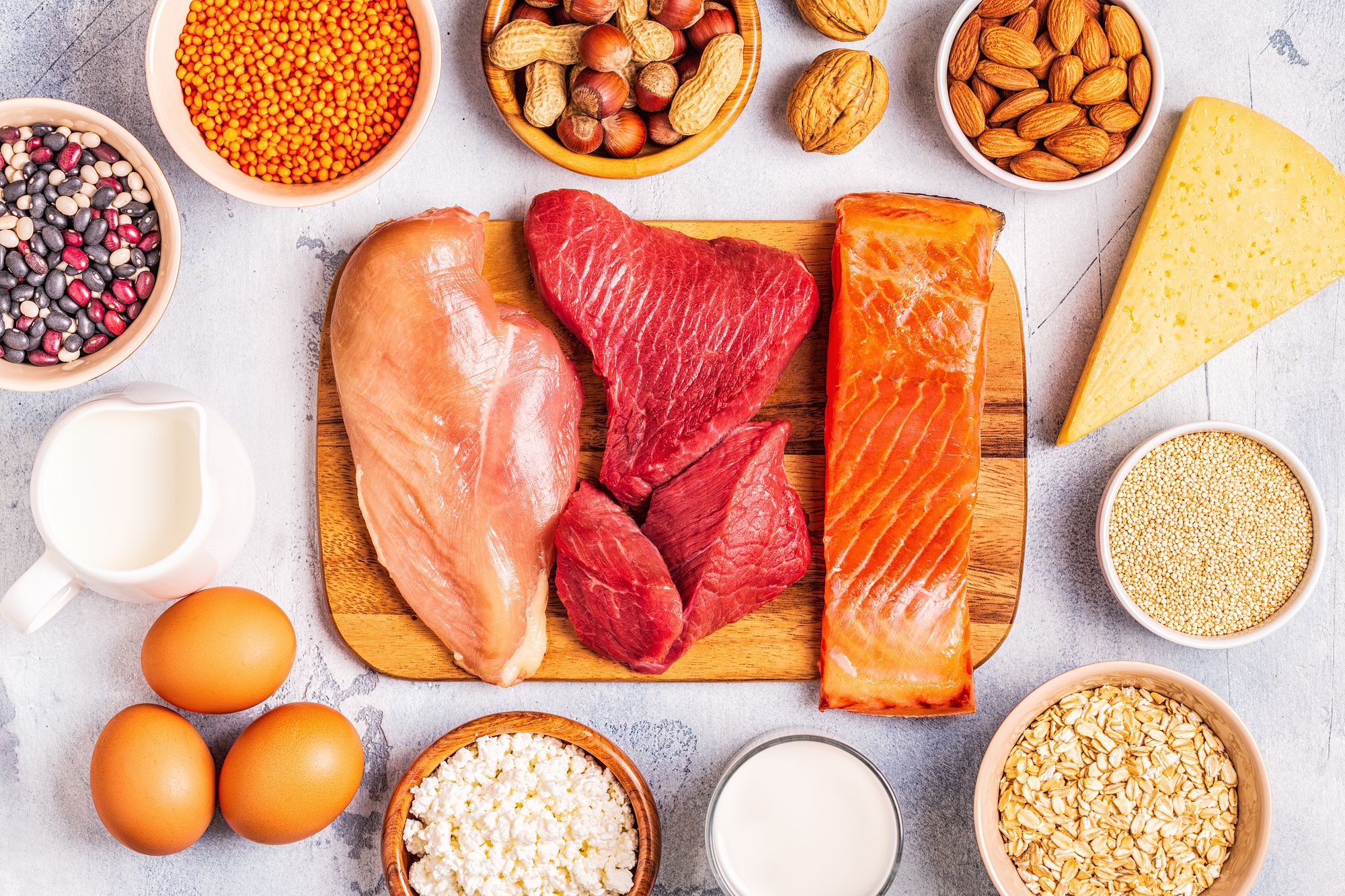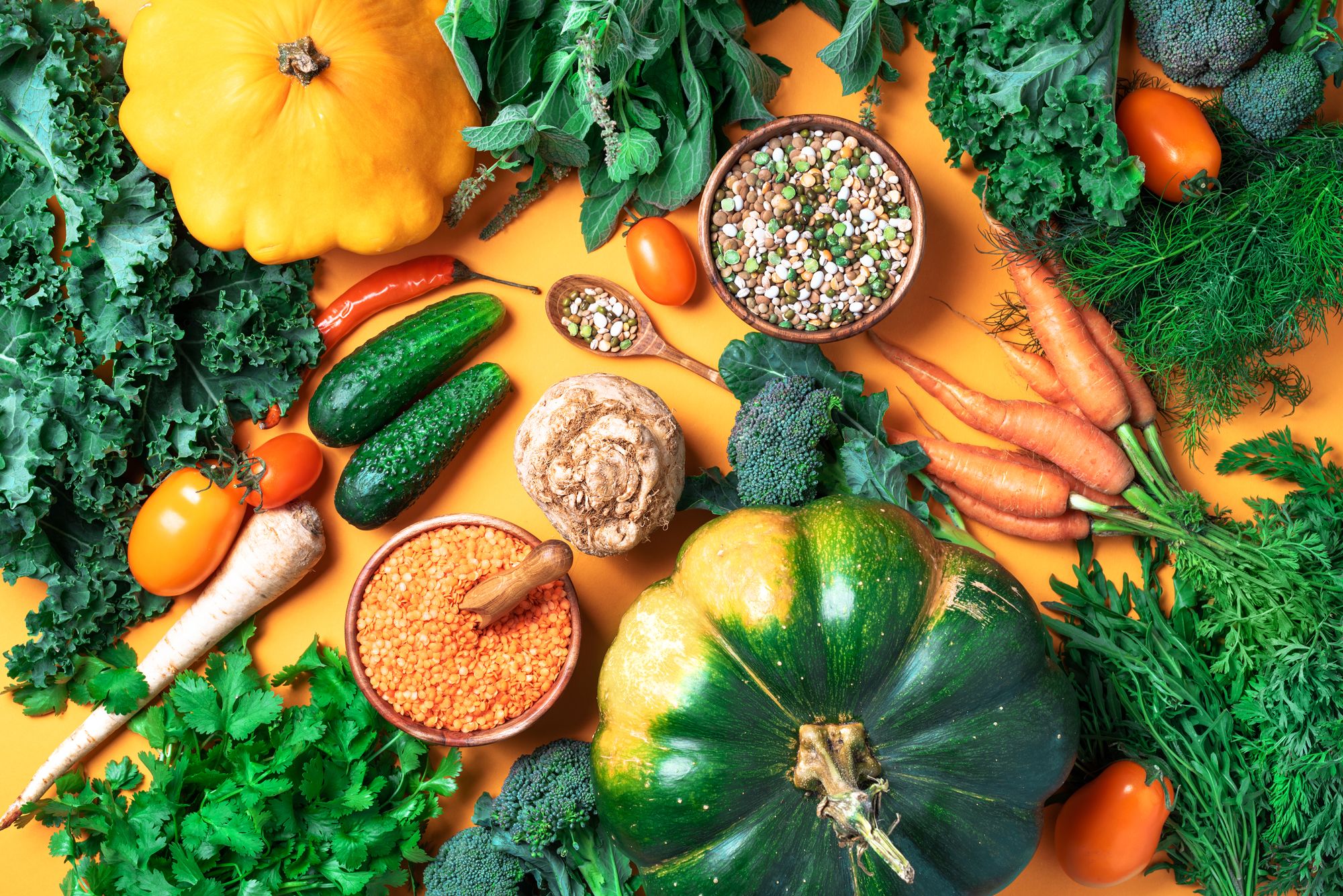Mastering Satiety for a Healthier Life

Achieving a sense of fullness or satiety can play a pivotal role in managing your weight, enhancing your overall health, and living a more vibrant life. By making conscious dietary choices, you can encourage satiety, reduce hunger pangs, and avoid overeating. This blog explores practical tips and dietary strategies, including the benefits of prioritizing protein and vegetables, limiting carbohydrate intake, and more, to help you get satiated faster and lead a healthier life.

Embrace Protein-Rich Foods
Proteins are the building blocks of life, playing a crucial role in almost every bodily function. More importantly, in the context of diet and satiety, proteins have a high satiety index, meaning they can make you feel full longer. Including a protein source in every meal can significantly enhance feelings of fullness, reduce hunger, and decrease overall calorie intake.
- How to Implement: Start your day with eggs or Greek yogurt, opt for lean meats like chicken or fish for lunch and dinner, and snack on nuts or cheese. Plant-based proteins like lentils, beans, and tofu are excellent choices for vegetarians.

Fill Up on Fiber-Rich Vegetables
Vegetables are not only packed with essential vitamins, minerals, and antioxidants but are also high in dietary fiber. Fiber adds bulk to your diet without adding calories, slowing digestion, and prolonging the feeling of fullness.
- How to Implement: Incorporate a variety of colorful vegetables into every meal. Salads, stir-fries, and vegetable soups are great ways to increase your vegetable intake. Remember, the more colorful your plate, the better.

Limit Refined Carbohydrates
Refined carbohydrates, found in sugary snacks, white bread, pasta, and other processed foods, can lead to a rapid spike and then a fall in blood sugar levels, which can cause hunger pangs shortly after eating. Limiting these foods can help maintain stable blood sugar levels and a consistent feeling of satiety.
- How to Implement: Choose whole grains like oats, quinoa, and brown rice over refined grains. Always check food labels and opt for products with whole grains as the first ingredient.

Additional Tips for Enhancing Satiety:
- Stay Hydrated: Often, our bodies can mistake thirst for hunger. Drinking plenty of water throughout the day can help prevent unnecessary snacking.
- Practice Mindful Eating: Slow down and savor each bite. It takes about 20 minutes for your brain to register fullness, so eating more slowly can help you eat less.
- Incorporate Healthy Fats: Foods high in healthy fats, like avocados, nuts, and seeds, can also promote satiety. Just be mindful of portion sizes, as fats are calorie-dense.
- Get Enough Sleep: Lack of sleep can disrupt hunger hormones and lead to increased appetite. Ensuring you get enough rest can help regulate these hormones and reduce hunger.
Conclusion
Getting satiated faster and leading a healthier life is achievable through mindful dietary choices and habits. By emphasizing protein and vegetables, limiting refined carbohydrates, and incorporating the additional tips provided, you can enhance your satiety, control your appetite, and enjoy a more balanced and healthful diet. Remember, the key is consistency and making choices that align with your lifestyle and preferences. Here's to a healthier, more satisfied you!

One Habit at a Time
Practicing one to a couple of lifestyle habits daily is an excellent start to preventing future chronic diseases. Allow yourself to live life to experience new adventures. Be patient and take it one practice at a time, whether eating healthy and less, daily exercise, quitting bad habits, getting a routine checkup, or being positive. Remember that it's never too late to start making positive changes that will benefit you in the long run.. Take a chance today because Longevity Is Up to you.

